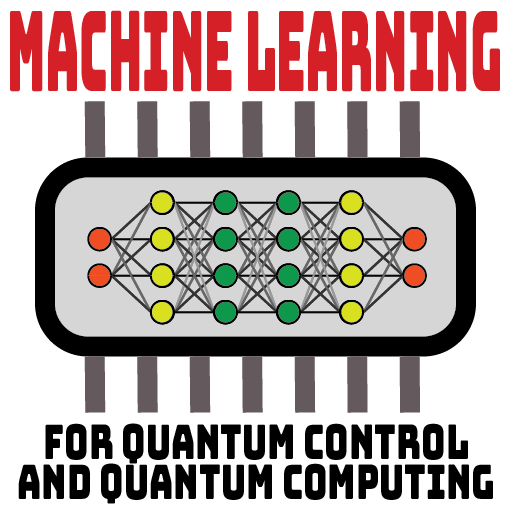Speaker
Description
Quantum error-correcting codes (QECCs) are believed to be a necessity for large-scale fault-tolerant quantum computation. In the past two decades, various methods of QECC constructions have been developed, leading to many good families of codes. However, the majority of these codes are not suitable for near-term quantum devices. Here we present VarQEC, a noise-resilient variational quantum algorithm to search for quantum codes with a hardware-efficient encoding circuit. The cost functions are inspired by the most general and fundamental requirements of a QECC, the Knill-Laflamme conditions. Given the target noise channel (or the target code parameters) and the hardware connectivity graph, we optimize a shallow variational quantum circuit to prepare the basis states of an eligible code. In principle, VarQEC can find quantum codes for any error model, whether additive or non-additive, degenerate or non-degenerate, pure or impure. We have verified its effectiveness by (re)discovering some symmetric and asymmetric codes, e.g., $((n,2^{n-6},3))_2$ for $n$ from 7 to 14. We also found new $((6,2,3))_2$ and $((7,2,3))_2$ codes that are not equivalent to any stabilizer code, and extensive numerical evidence with VarQEC suggests that a $((7,3,3))_2$ code does not exist. Furthermore, we found many new channel-adaptive codes for error models involving nearest-neighbor correlated errors. Our work sheds new light on the understanding of QECC in general, which may also help to enhance near-term device performance with channel-adaptive error-correcting codes.

